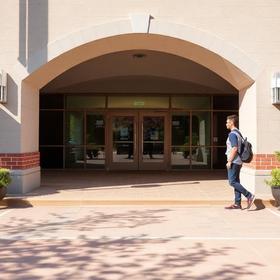For-Profit vs Not-For-Profit Private Schools: What Parents Should Know
When parents explore private schooling options for their children, one of the less visible—but deeply consequential—distinctions is the school’s profit status. A private school may operate as a for-profit enterprise or as a not-for-profit (nonprofit) institution. While the label alone doesn’t guarantee quality (or its absence), it does influence a school’s incentives, finances, governance, and accountability.
In 2025, understanding the implications of this distinction is more important than ever. As education markets evolve, hybrid models emerge, and philanthropic and impact-investment funds enter the sector, savvy families and educators must look past branding and examine substance. This article clarifies the differences, weighs advantages and risks, and suggests how to evaluate private schools—whether for-profit or nonprofit.
Terminology and Legal Foundations What does “for-profit” and “not-for-profit” mean in private education?
A for-profit private school is an educational institution organized so that profits (after covering costs) may be distributed to owners, shareholders, or investors. The school is run like a business, and financial return is a legitimate objective. (Private School Review)
A not-for-profit (nonprofit) private school is organized under a structure (such as 501(c)(3) in the U.S.) that prohibits the distribution of profits to individuals; rather, any surplus must be reinvested into the school’s mission—facilities, scholarships, faculty, programming, or endowment.
In practice, many traditional independent and parochial private schools are nonprofit, relying on



























